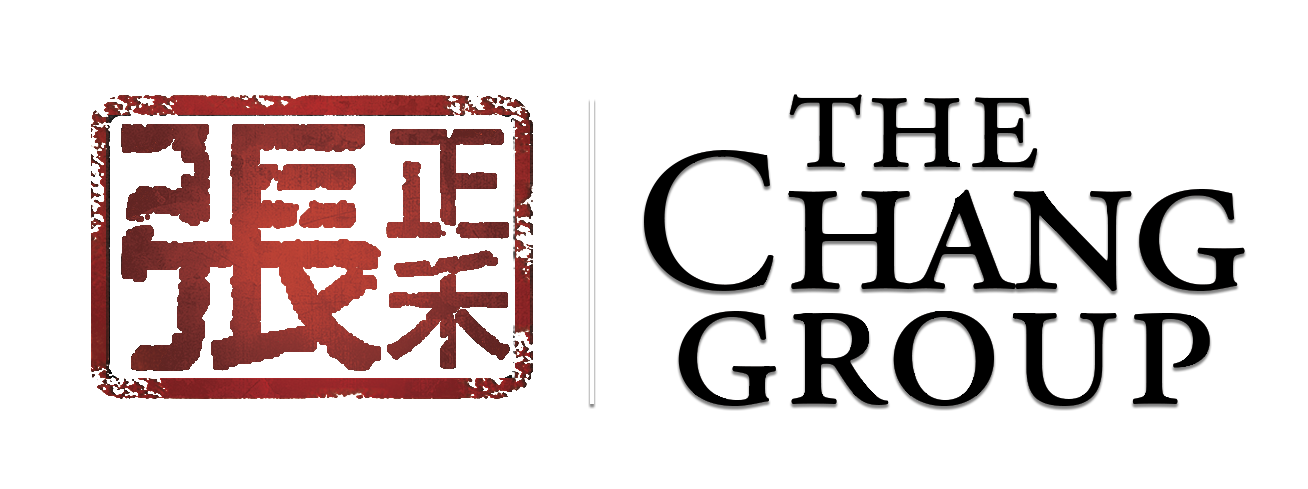On Seattle’s Growth: Technology & the Changing Cityscape
As a recent Seattle Times article proclaims, “Seattle’s changing so fast it could make your head spin.” This comes in response to the release of the Atlantic Media/Allstate Regional Renewal poll, which surveyed 400 Seattle residents to gain their insights about what it’s like to live in the Emerald City. The poll reveals some conflicted responses, with many topics “split down the middle,” and addresses mounting concerns over the city’s rapid growth. While some expressed reservations about Seattle’s rise as a tech titan, “a whopping 69 percent of those surveyed also said the Puget Sound region is going in a positive direction.”
When asked about what companies make residents most proud of their Emerald City heritage, it was no surprise that tech giants like Microsoft and Amazon made the top of the list, with longtime local favorites The Bill & Melinda Gates Foundation and Costco closely behind. The region’s top attractions were also unsurprising, as 96-percent of those surveyed said Pike Place Market and the waterfront are a “must-see” for visitors, with Mount Rainier and the Space Needle among other favorites.
Beyond the Atlantic Media/Allstate Regional Renewal poll, the influence of the tech community on Seattle’s ever-changing landscape is palpable, as recent articles have reflected on changes within Amazon and other tech companies that have transformed Seattle into a Silicon Forest.
Anthony Bourdain recently visited Seattle for an episode of his popular television show, Parts Unknown, in which he “focused on how tech companies and their workers are redefining a city ‘with a collective identity constantly in flux, always changing.’” As part of his visit, Bourdain had lunch with the co-founders of GeekWire, and as John Cook said, the city is undergoing an “identity crisis” of sorts, as it has changed from a “city of grunge” into “the city of geeks.” As GeekWire points out, Bourdain’s episode is an interplay of what’s old and new in Seattle, and is leaving many “wondering what the future holds for a city that ‘has always been a place where you can go to reinvent yourself.’”
To be sure, the technological influence on the city isn’t likely to leave anytime soon, as there are now reportedly over 100 out-of-town tech companies that have set up regional offices in the Puget Sound region, a benchmark that was surpassed with Baidu’s announcement of their newest office in Bellevue. And despite the announcement of a second headquarter location, Amazon continues to cement its presence in the downtown core, as their newest tower at Block 18 will offer a proposed “388,000 square feet of office space, 8,800 square feet of retail and 407 parking spaces” in the Denny Triangle. As with their other buildings, the 17-story structure will push the bounds of architecture, this time with a treehouse-inspired theme with a “staircase down the center of the building that resembles the ladder up a childhood treehouse.”
With collaborative and working spaces, a rooftop deck, and gathering area, the fifth tower in the Denny Triangle comes in addition to several million square feet of leased office space in new buildings, which includes “the iconic Rainier Tower, and a huge swath of space above the downtown Seattle Macy’s store.” The company is poised for success with over 540,000 employees around the world, which “includes 50,000 people in Seattle, the same number of folks Amazon is looking to hire for HQ2.”
The influx of new residents into the region has no doubt been a factor in the city’s sustained hot housing market, as Seattle completed a full year as the top city for home price growth in the U.S. at 13.2-percent. Despite the run-up in Seattle home prices, however, the city is still more relatively affordable than other West Coast peer markets such as San Francisco and Vancouver. As real estate analyst Mark Hanson observes, the difference between household income and the income needed to buy a home for the median price in Seattle is about 18 percent while in other cities such as San Diego, San Francisco, and Los Angeles are seeing numbers closer to (and even above) 50 percent.
As we reflect on 2017 and move into the coming year, it is no doubt that Seattle’s changing cityscape and the tech effect will continue.

